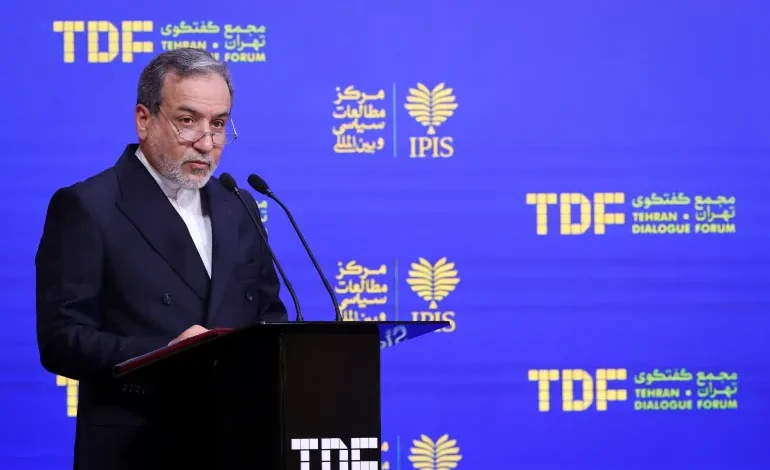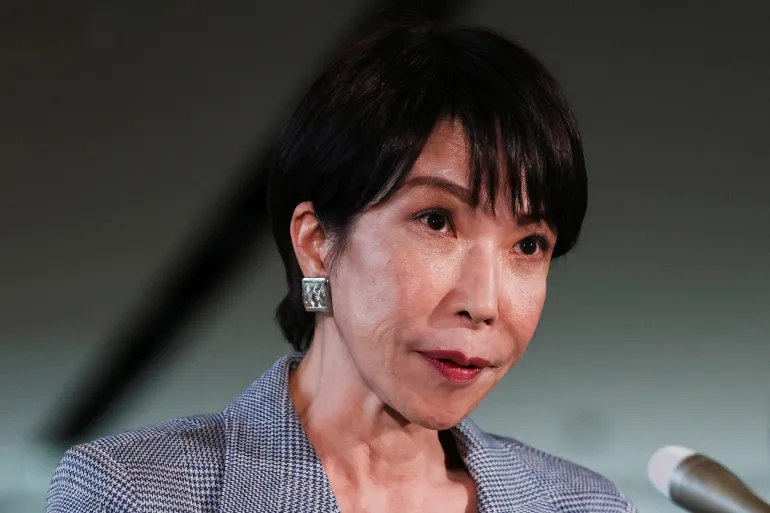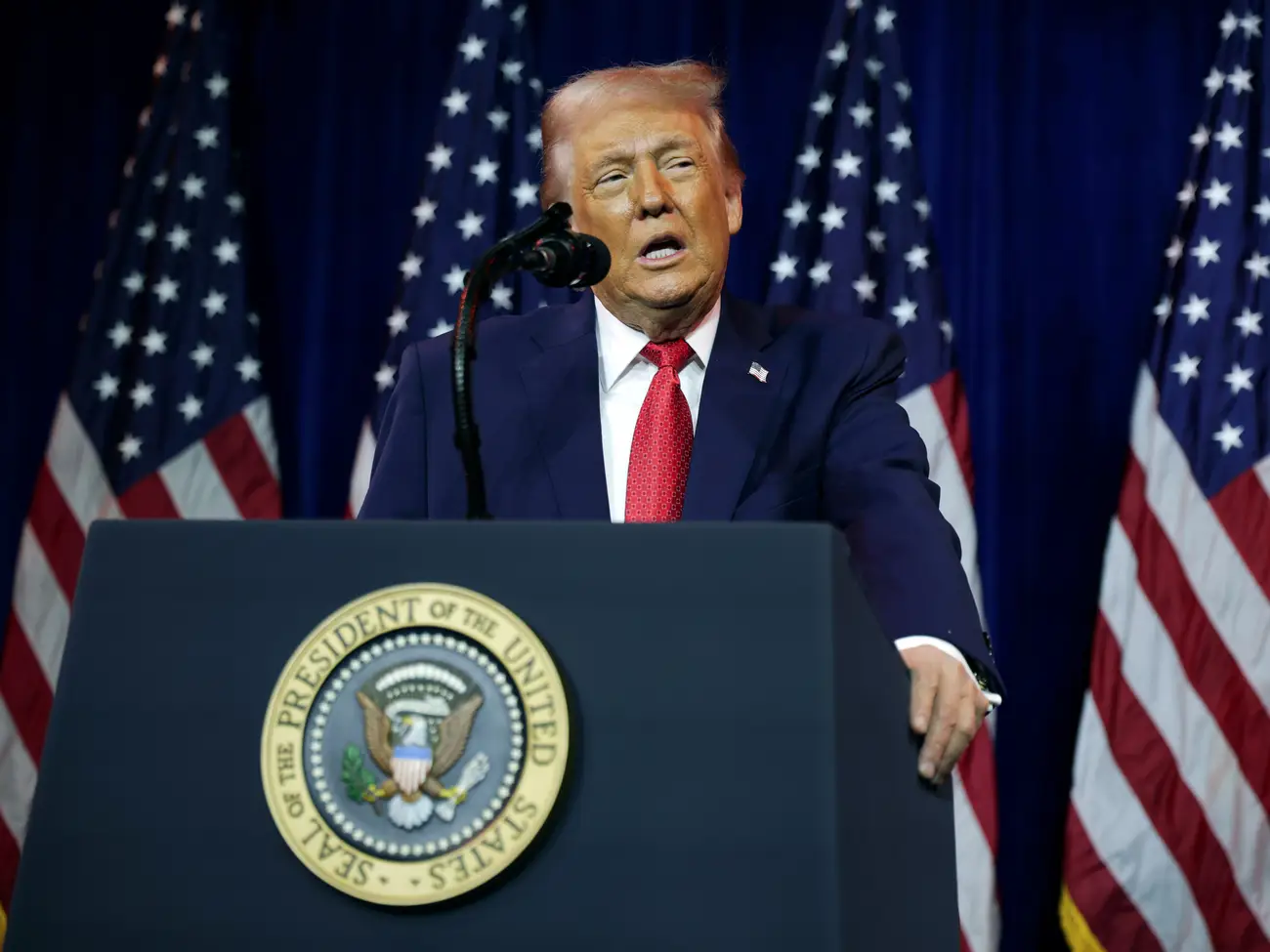Iran Summons UK Envoy Over Arrests of Iranian Nationals on Espionage Charges

Iran’s Foreign Ministry has summoned the United Kingdom’s chargé d’affaires to protest what officials in Tehran describe as “suspicious and unwarranted” arrests of several Iranian citizens in Britain, as per Al Jazeera.
In a statement released late Sunday by state media, the ministry accused London of detaining Iranian nationals “without providing evidence,” denying timely consular access, and failing to notify Iran’s embassy as required under international conventions. The ministry also alleged that the British government was using the detentions for “political motivations to exert pressure on Iran.”
The diplomatic row follows the decision by British police on Saturday to charge Mostafa Sepahvand (39), Farhad Javadi Manesh (44) and Shapoor Qalehali Khani Noori (55) under the UK’s National Security Act 2023. Prosecutors accuse the three men of conduct “likely to assist a foreign intelligence service” between August 2024 and February 2025, as well as surveillance intended to facilitate serious violence. All three appeared at Westminster Magistrates’ Court and were remanded to a higher criminal court for a hearing scheduled in early June.
The trio are part of a wider investigation that saw eight men arrested in May, seven of whom are Iranian nationals. Four others remain under investigation in a separate counter-terrorism probe; one detainee was released without charge last week. Home Secretary Yvette Cooper called the operations among “the biggest investigations of their kind in recent years.”
Britain has placed Iran in the highest-risk category of its new Foreign Influence Registration Scheme (FIRS), an initiative designed to track covert or coercive activities by foreign states. Officials in London say the classification reflects growing concerns over Iranian targeting of dissidents and dual nationals on UK soil. Tehran rejects the accusations.
The episode unfolds against an already strained backdrop in relations between Iran and the three European parties to the 2015 nuclear deal — the UK, France and Germany (collectively the E3). The trio, along with the United States, continue to press Tehran for fuller cooperation with the International Atomic Energy Agency (IAEA). Iran maintains its nuclear programme is strictly civilian.
U.S.-Iran negotiations aimed at reviving a version of the 2015 agreement have reached four rounds, mediated by Oman. Senior E3 and Iranian diplomats met last Friday in Istanbul for their first direct talks since U.S. discussions resumed, but no breakthrough was reported. Iran has warned of “serious ramifications” should the E3 move to re-impose UN sanctions via the deal’s snapback mechanism.
On Monday, Iranian Foreign Ministry spokesman Esmail Baghaei said Tehran had not yet received a written U.S. proposal for a fifth round of talks, while reiterating that Iran would not cede its right to enrich uranium for peaceful purposes. He added that Iran supports the idea of a regional nuclear-fuel consortium involving Gulf states but has not formally proposed joint enrichment projects.









The latest news in your social feeds
Subscribe to our social media platforms to stay tuned